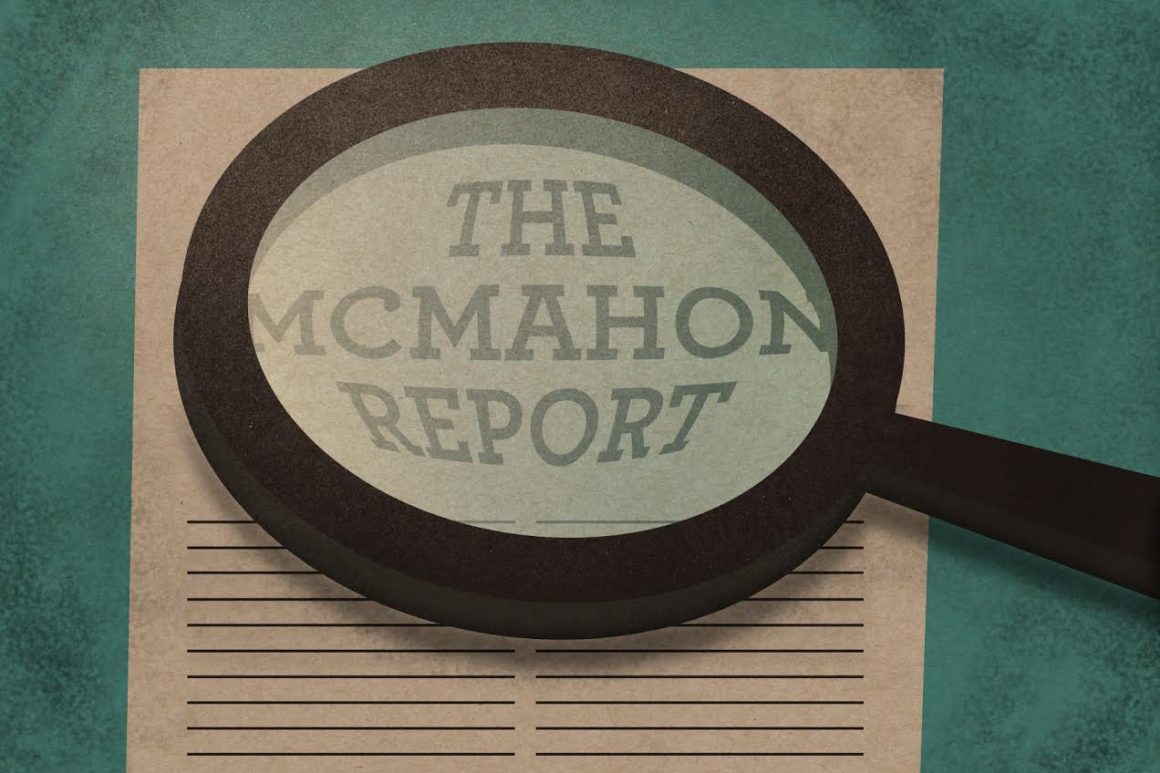
U of C dismissal of Enbridge investigation a cause for concern
May 30, 2017 —
In November 2015, the CBC released a report detailing how Enbridge gained influence in the creation of the Centre for Corporate Sustainability at the Haskayne School of Business. The energy company pledged $2.25 million to the school over a 10-year period.
Two reviews into the University of Calgary’s relationship with Enbridge were announced in the wake of that article. The first, now known as the McMahon report, was an independent review commissioned by the U of C Board of Governors (BOG). The Canadian Association of University Teachers (CAUT) launched their own investigation two days later, which is still ongoing.
The McMahon report found the U of C’s relationship with Enbridge didn’t violate any university policies or procedures. But many, including the U of C Students’ Union and Faculty Association, argued that important details of the controversy weren’t covered by the report.
There’s merit to these criticisms. The McMahon report only clears the U of C within the context of the U of C’s policy, which is notably lacking. For example, there were no rules in place to prohibit U of C president Elizabeth Cannon from serving as an independent director of the Enbridge Income Fund, a post for which she received a six-figure compensation. It also failed to address things like best practices for corporate naming or how the BOG oversees gifts from corporations. These concerns deserve to be addressed, and the CAUT investigation is an opportunity for that to happen.
But the U of C has different ideas. In an April 19 UToday statement, BOG chair Gord Ritchie dismissed the CAUT investigation, writing that the organization has no official standing at the U of C.
“Matters relating to the former Enbridge Centre for Corporate Sustainability have already had a proper and legitimate review,” reads the statement. He adds that the U of C is concerned that “any report the [CAUT Ad Hoc Investigatory] Committee issues will lack legitimacy.”
While Ritchie’s statement includes a valid point — that a presentation made by now-removed CAUT investigator Leonard Findlay showed evidence of pre-bias — it’s alarming to see the U of C actively try to discredit a report that hasn’t been released yet. Two reviews into the Enbridge scandal began within days. It’s ridiculous to suggest that the only one that carries any validity is the one launched by the U of C’s own board.
The university hasn’t been particularly cooperative in CAUT’s investigation. When CAUT investigators came to campus in April 2016, U of C provost and vice-president academic Dru Marshall emailed faculty members to inform them that CAUT is not bound by the university’s confidentiality and privacy rules. And in a response to letters CAUT sent to members of the U of C administration asking for comments on findings, Ritchie refused to address any concerns, reiterating that the McMahon report is the “proper and legitimate review of these matters.”
These pre-emptive strikes show that the U of C is worried about what the CAUT investigation will unveil and want to lessen the blow when the report is finally released. As a body that represents post-secondary faculty associations and acts as a watchdog for universities, CAUT should be able to complete the review they started in response to the Enbridge controversy.
The U of C doesn’t have a monopoly on independent reviews. Keep an eye out for CAUT’s conclusion — if the university’s evasiveness is any indication, chances are it will include something they don’t want you know.
Jason Herring, Gauntlet Editorial Board
